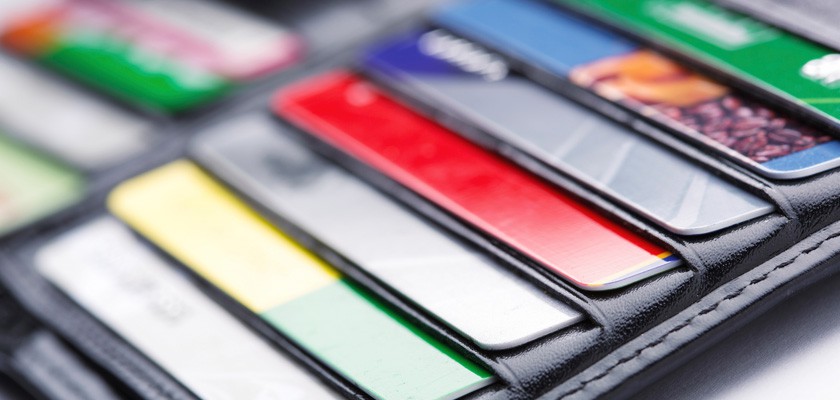Credit Card Smarts: The Good, The Bad & The Ugly of Store Cards
Most shoppers have been asked that attractive question: “Would you like to save 15 percent on this purchase by signing up for a store credit card?” A discount on your shopping spree is always tempting, and getting that card would be so easy. It probably comes with a low introductory rate, too. But before you say yes, it’s important that you think carefully about what a store credit card will mean to you.
Little Bit of a Boost
There are some positive things about getting a store credit card. U.S. News & World Report reported that they can actually be good tools to build your credit with. If you don’t have a credit card already, or if you have a low credit score, it can be difficult to get a card from a bank or other issuer. However, store cards generally have looser requirements that allow people with low credit scores to take home a new piece of plastic after a shopping trip.
“Store cards aren’t exactly known for their low interest rates.”
The trick is to know how to use it properly. First, you’ll need to find out the interest rate. You may be offered a low or zero percent introductory rate, and if this is the case, you need to know when the introductory period ends. Carrying a balance beyond that point will likely get expensive, fast. Store cards aren’t exactly known for their low interest rates.
The next thing you’ll need to find out is the credit limit. Your credit usage plays a big part in determining your credit score, so ignoring this piece of information can do more harm than good in terms of boosting your score.
Credit bureaus don’t necessarily care about the amount of money you spend; Rather, they care about how much you spend in relation to your credit limit. If you have a limit of $1,000, but only spend $200, you have a 20 percent credit utilization rate. However, if you have a credit card with a $500 limit and spend the same amount, your utilization jumps to 40 percent. Creditors like to see consumers spending no more than about 30 percent.
Downright Awesome Discounts
Another benefit to agreeing to sign up for a store credit card is the unique offerings that often come along with the card. If you shop at this particular store frequently, you may find that having a card saves you money or makes your shopping experience better or more personalized.
However, if you only go to this store once in a blue moon, you may never take the card out of your wallet. If this is the case, you’d probably be better off declining the offer.
That Looming Mountain of Debt Though
If you already have a credit card that you’re struggling to pay off, adding a new one usually isn’t a good idea. Store cards often have high interest rates that are much higher than the typical card you might get from your bank. According to a survey from CreditCards.com, the average interest rate on retailer credit cards in 2014 was 23.23 percent, as compared to the typical APR on other cards, which is closer to 15 percent. CreditCards.com pointed out that the difference could mean an extra $500 in interest and staying in debt more than a year longer.
There are many reasons why a person would benefit from a store credit card. There are also plenty of arguments against it. The truth is, it depends on your personal shopping habits and financial situation. If you believe you can pay your balance down in full every month, the store benefits might be worth it and you may end up improving your credit score. However, if you aren’t in the market for a new card, if you aren’t a store regular or if you doubt your ability to pay off the balance, you are probably better off skipping the deal.







Hi I was approved for 1000 down then I get to the store and the sales lady wants 4000 from me . Saying 1000 is just a guestamite why is your approvals a lie .. I’m here in kern county